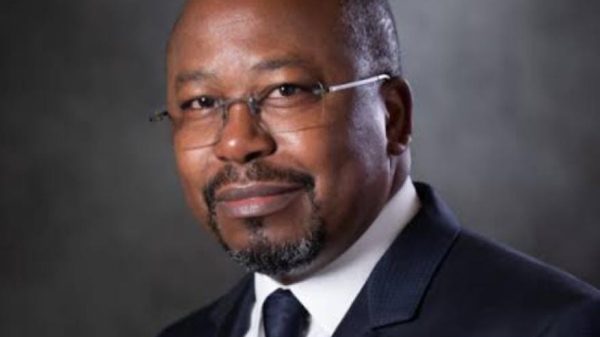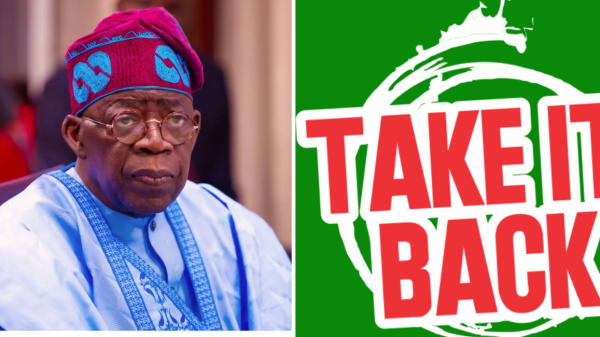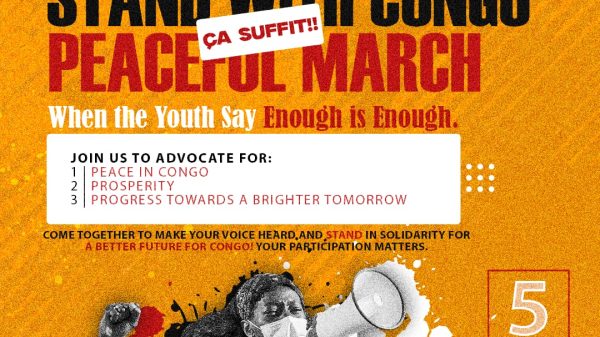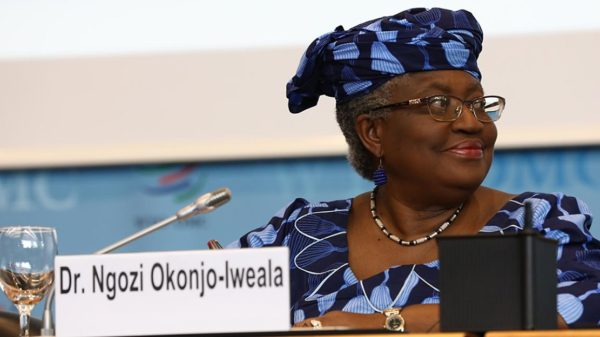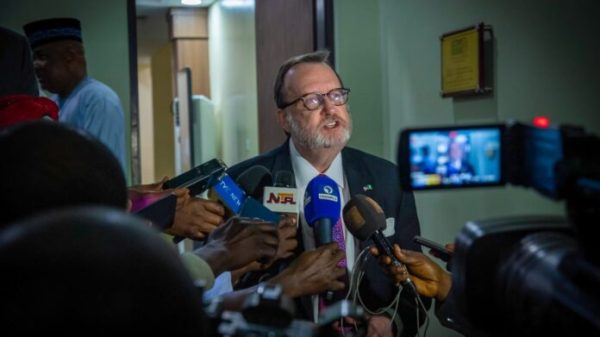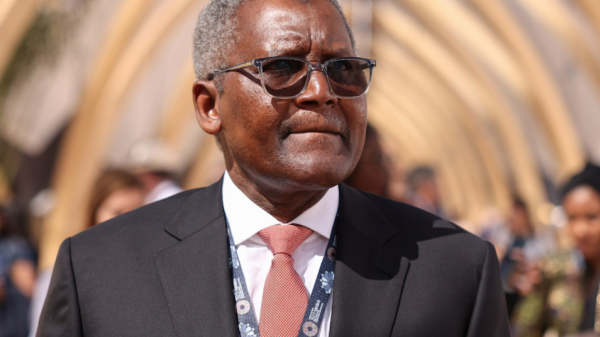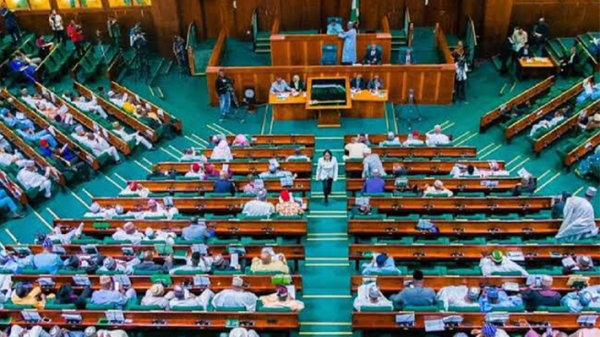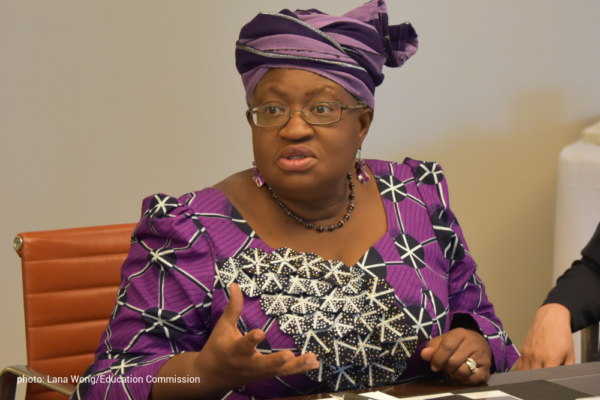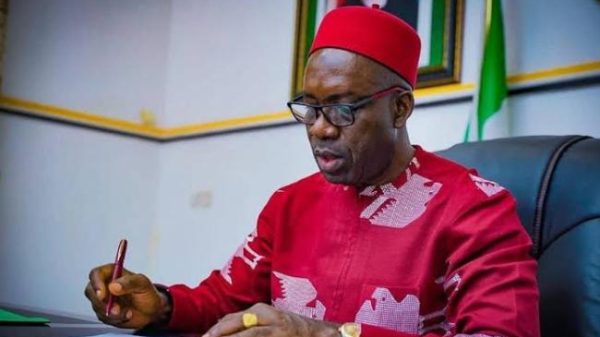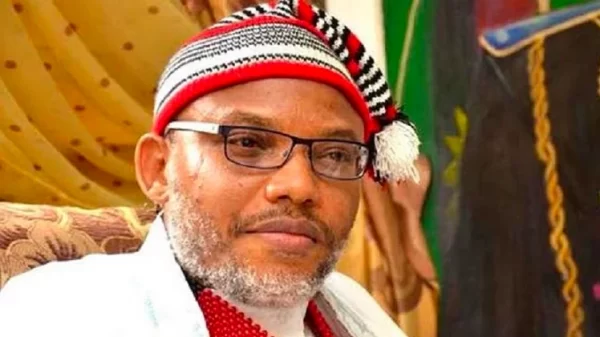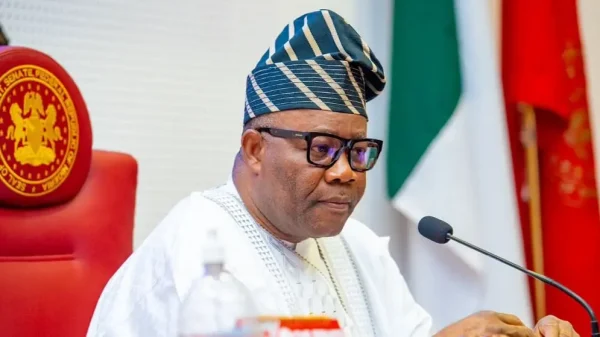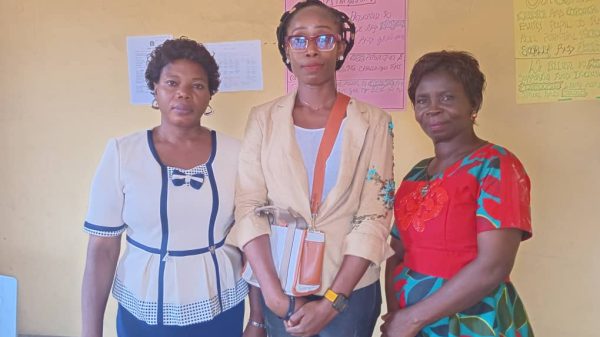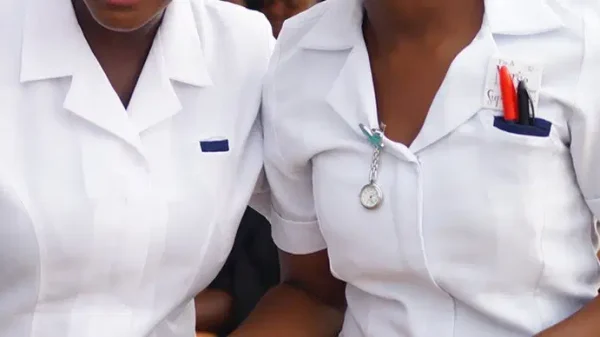Nigerian students studying under the Bilateral Education Agreement (BEA) scholarship in countries such as Russia, China, Hungary, and Morocco are facing severe hardship due to delayed and reduced stipend payments by the Nigerian government.
The Union of Nigerian Bilateral Education Agreement Scholars (UNBEAS) has raised concerns over the deteriorating conditions, urging President Bola Tinubu’s administration to take urgent action.
Many scholars say they are struggling to afford basic necessities, with some resorting to shoplifting out of desperation. A student was reportedly hospitalized in December 2024 due to depression and malnutrition.
In Hungary, the immigration laws make it almost impossible for students to take side jobs, and the academic workload is overwhelming, one scholar explained.
Since January 2025, students have not received any stipend payments, worsening their financial struggles. Those who joined the scholarship in 2023 say they have faced irregular and reduced payments for months, leaving them uncertain about their future.
According to a statement issued by UNBEAS on March 7, the payment issues date back to 2023 when stipend disbursements became irregular.
From January to August 2023, payments were made, but due to exchange rate fluctuations, students received less than expected.
By September 2023, payments stopped completely, leaving scholars stranded.
After a one-year delay, a stipend was finally paid in September 2024, but instead of covering outstanding arrears, the government slashed the amount by 56%—from $500 to $220.
Scholars were only informed of the reduction at the time of payment, with the government arguing that top civil servants in Nigeria do not earn that much under the current exchange rate.
This comparison is unfair because we live in foreign countries where living costs are much higher, UNBEAS stated.
The stipend cuts have led to evictions, hunger, and lack of medical care in various countries.
In Morocco, where students rely on rented apartments, some have been evicted.
In Russia, Algeria, China, Venezuela, and Hungary, many scholars have gone without food for days and cannot afford healthcare.
The financial crisis has led to depression, anxiety, and difficulty concentrating on studies.
Adding to their frustration, the Federal Scholarship Board (FSB) has informed students that the next payment will not be made until mid-2025 (June or July), with no guarantee of clearing the arrears from 2023 or full entitlements for 2024.
UNBEAS has appealed to President Bola Tinubu, the National Assembly, and relevant government agencies to intervene urgently.
They are demanding immediate payment of all outstanding stipends from September to December 2023.
Compensation for the shortfall in earlier 2023 payments.
Timely stipend disbursement in 2025 to prevent further hardship.
Restoration of the $500 stipend, as the current $220 is insufficient to cover living expenses.
Beyond government action, the scholars are calling on the media, civil society organizations, and concerned Nigerians to amplify their voices.
We do not wish to protest or beg, but we are pleading for survival. If nothing is done, more students may lose their education, their health, and even their lives, UNBEAS stated.
The worsening financial crisis among BEA scholars highlights the urgent need for accountability in Nigeria’s scholarship management. Without immediate intervention, more students abroad may face extreme hardship, putting their education and well-being at risk.


